|
This article explores some simple nutrition strategies a hiker can use to avoid energy crashes on their hikes. We have all been there. We have been having a great time out on the trail, hiking along, loving life. But then, all of a sudden, it hits us. We are TIRED! We start dragging our feet. Counting down the hours. And instead of enjoying ourselves and taking in the beautiful surroundings, we just can't wait for it to be over. Fatigue, exhaustion and energy crashes on the trail suck. But they are not something you have to just accept! There are some simple strategies a hiker can use to reduce the risk of these energy crashes. And this article will tell you exactly how to do that. How To Delay Fatigue While HikingWhen it comes to preventing energy crashes while hiking, there are a number of factors that can contribute. One of these factors involves the mismanagement of carbohydrates. As carbohydrates are often demonised (and very misunderstood) it is worthwhile exploring what they are and how they can help a hiker before we go any further: Understanding Carbohydrates For Hiking Carbohydrates are the primary energy source for your body and the preferred energy source for nerve cells, including the brain! They are starches and sugars found in foods. When carbohydrates are digested in the body, they are broken down into glucose - the simplest form of carbohydrate. Glucose is then released into the bloodstream, and the hormone insulin is released to move glucose from the bloodstream into your cells. The muscles can use this glucose to support your hiking, training, or other exercise exertion. 4 Important Aspects Of Carbohydrates For Hikers
So moral of the story? Carbohydates are important for all hikers on the trail. And they are not something you should be scared of, or avoid while hiking. What Causes Energy Crashes While Hiking? |
AuthorRowan is a personal trainer who specialises in training for hiking, trekkers and mountaineers for their bucket list adventures. Archives
July 2024
Categories
All
|
AboutSummit Strength is a personal training for hiking service created specifically to help hikers have the best chance of a safe, enjoyable and successful adventure.
|
Company |
Services |
|
|
© COPYRIGHT 2018. ALL RIGHTS RESERVED.
|
Website Design by My Personal Trainer Website
|

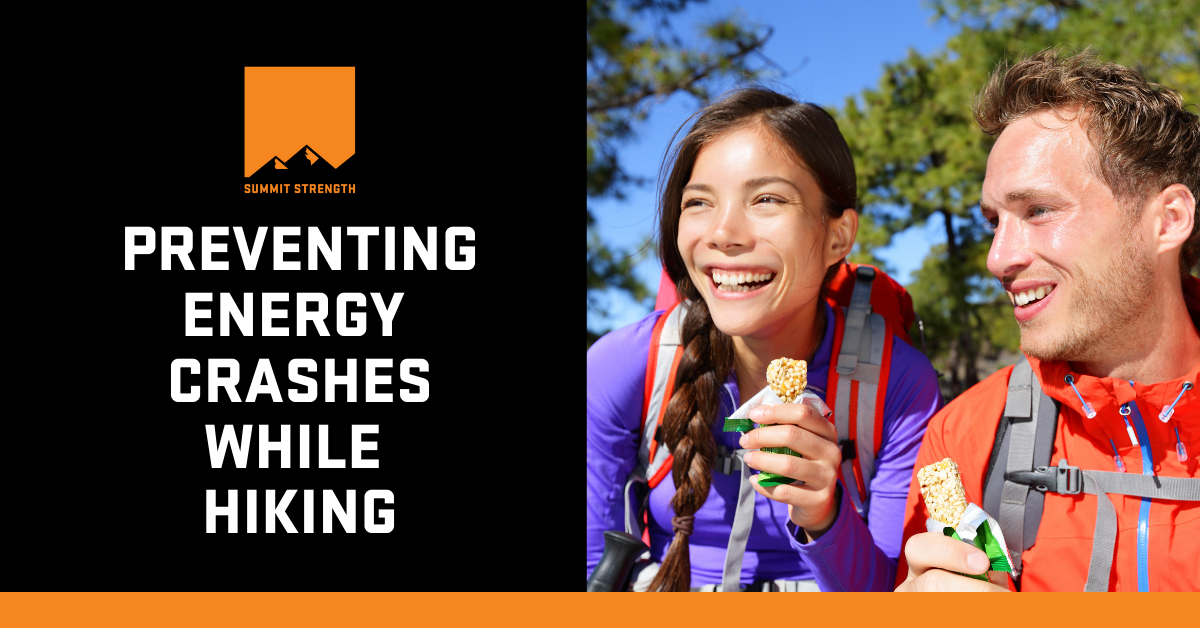
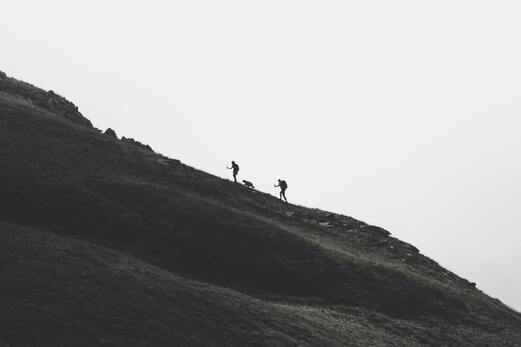
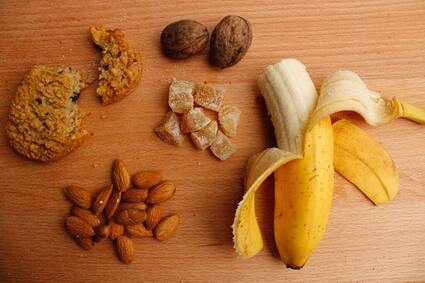
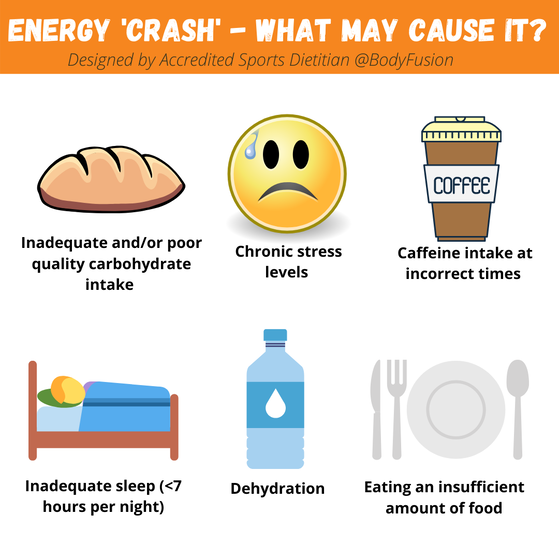
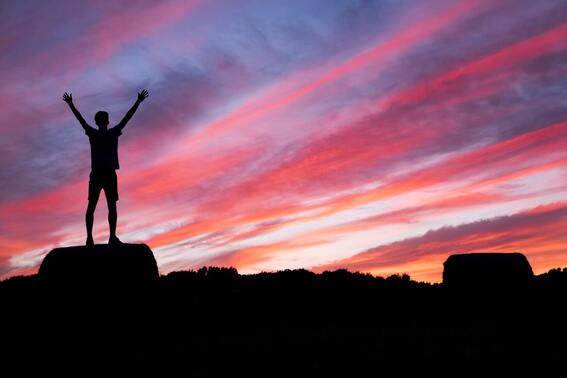
 RSS Feed
RSS Feed
